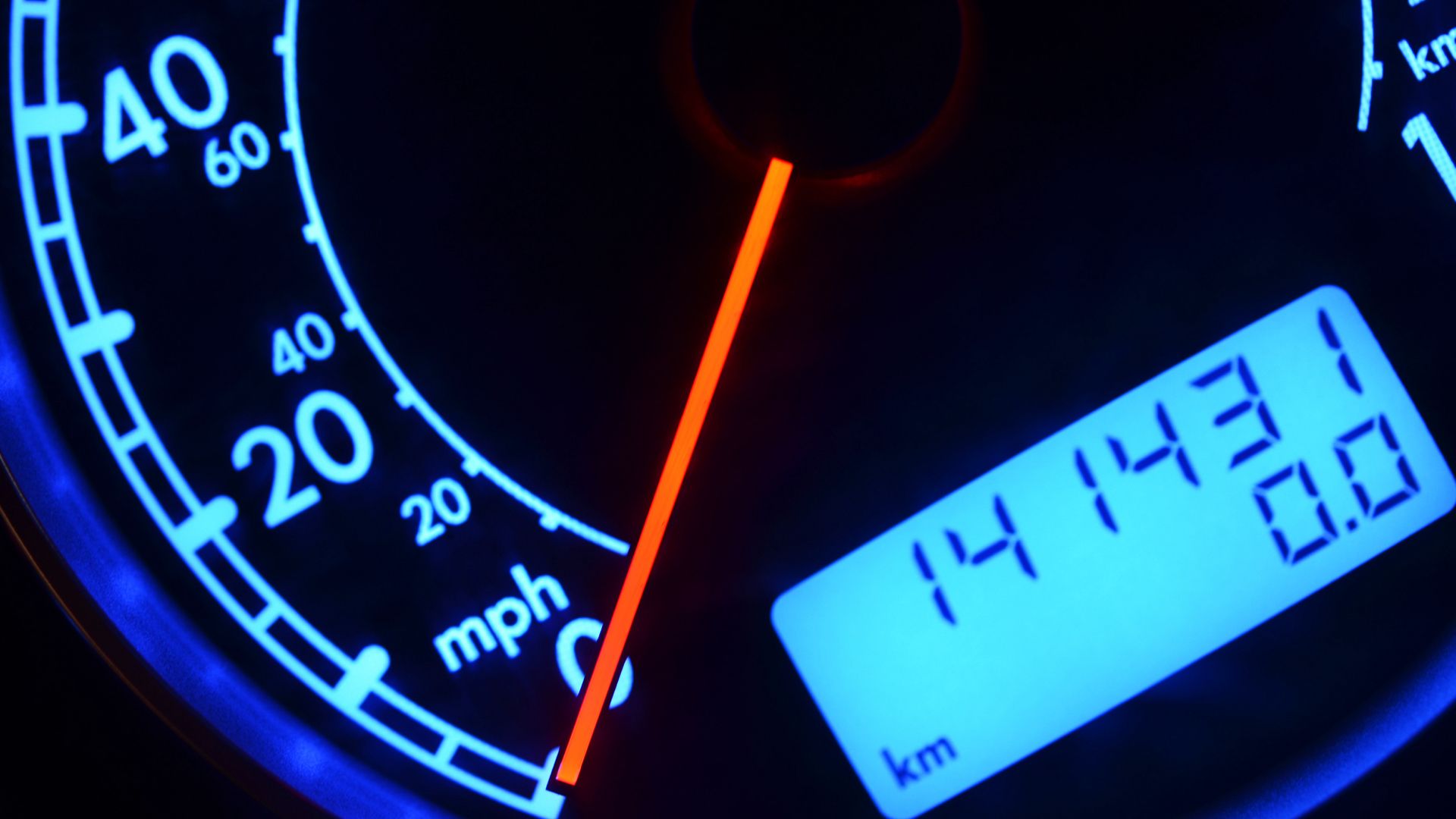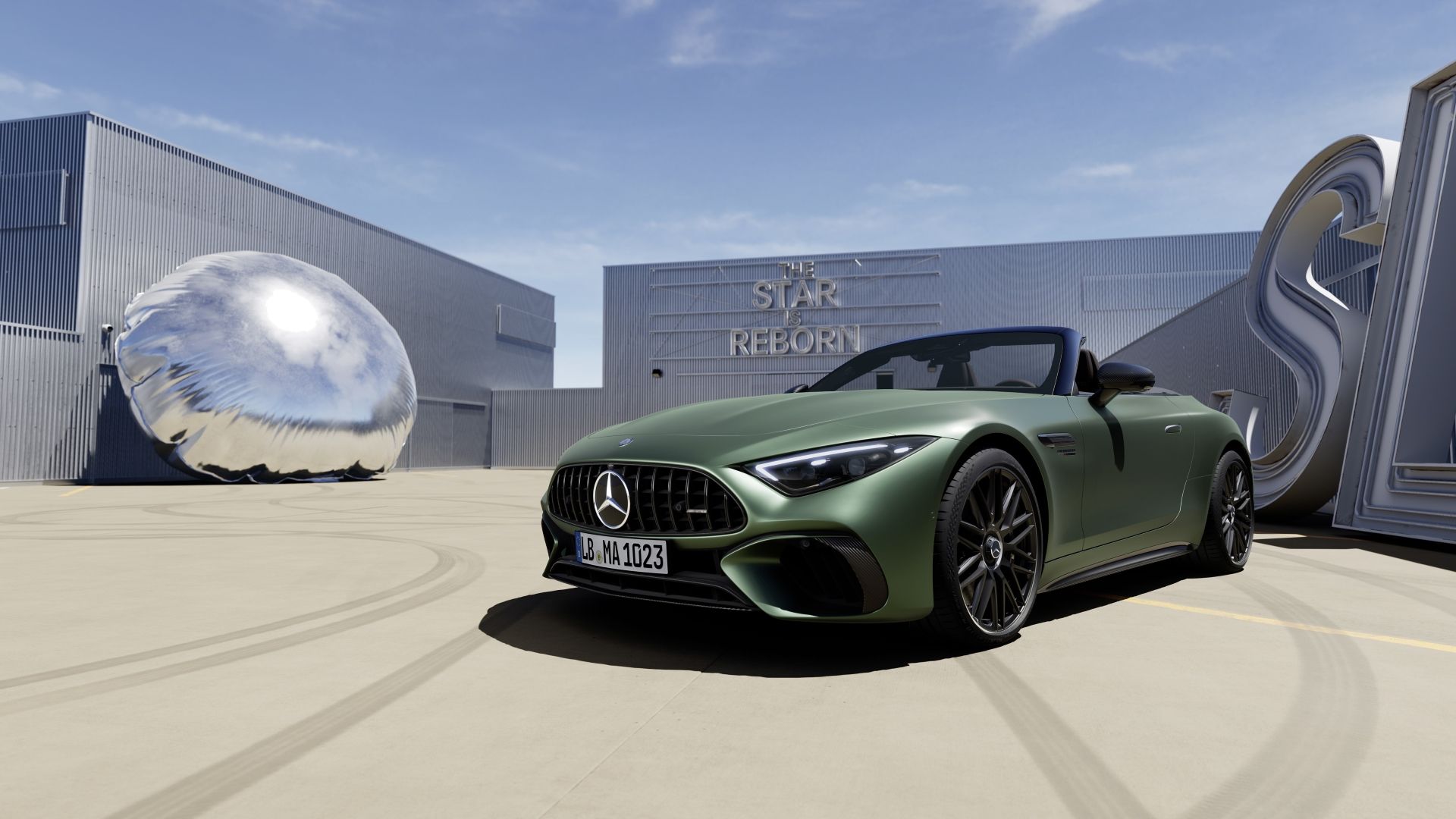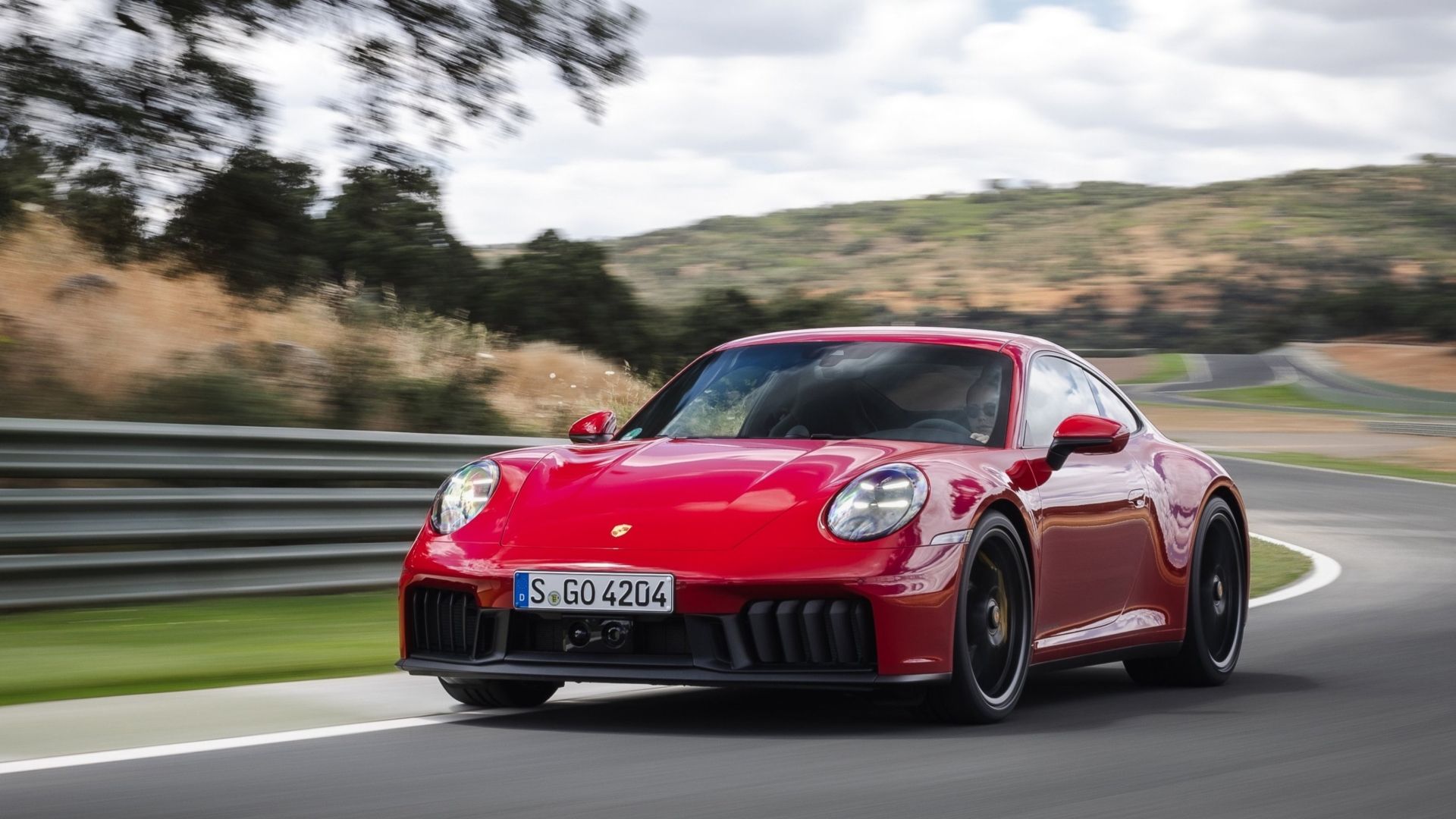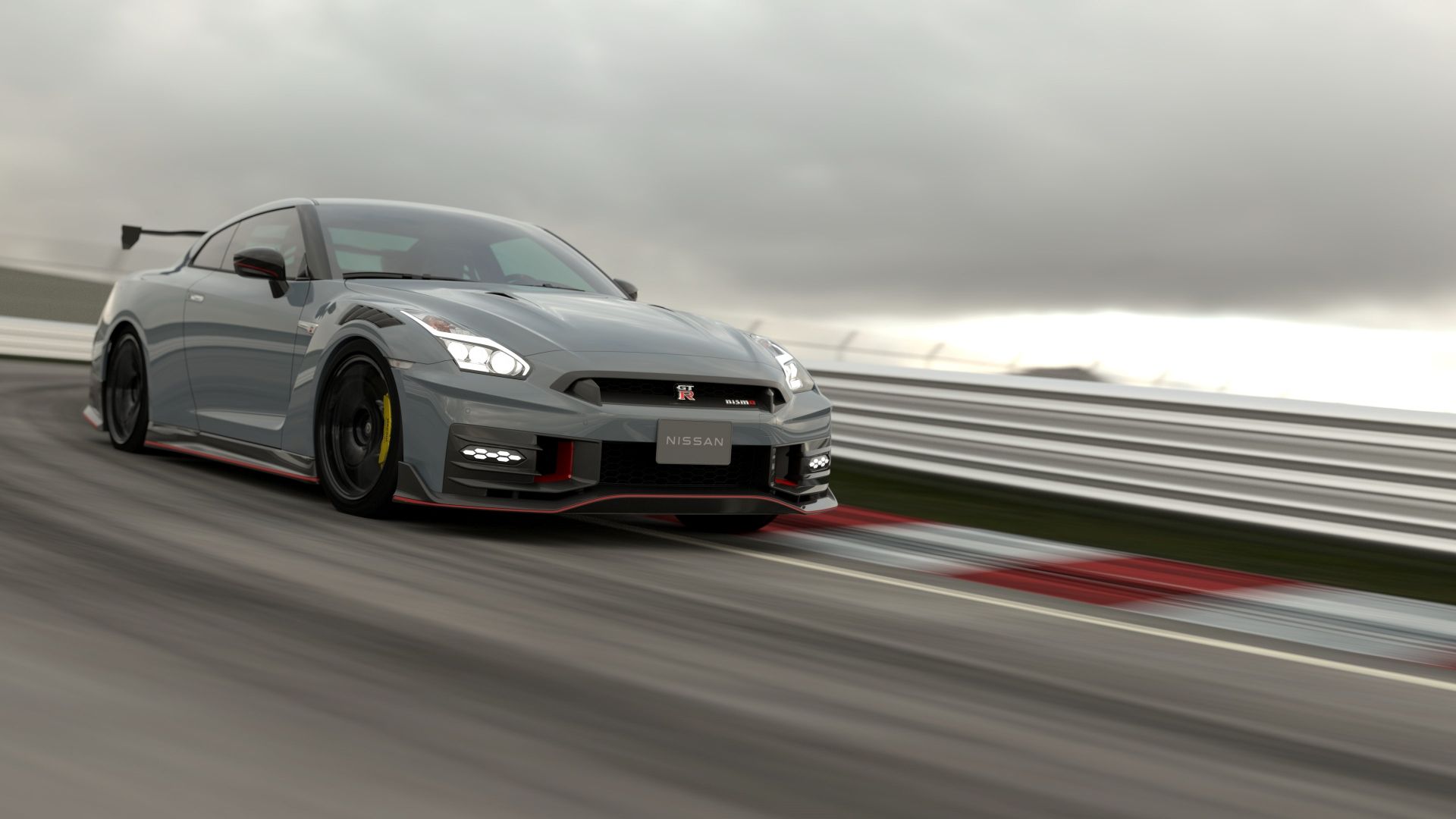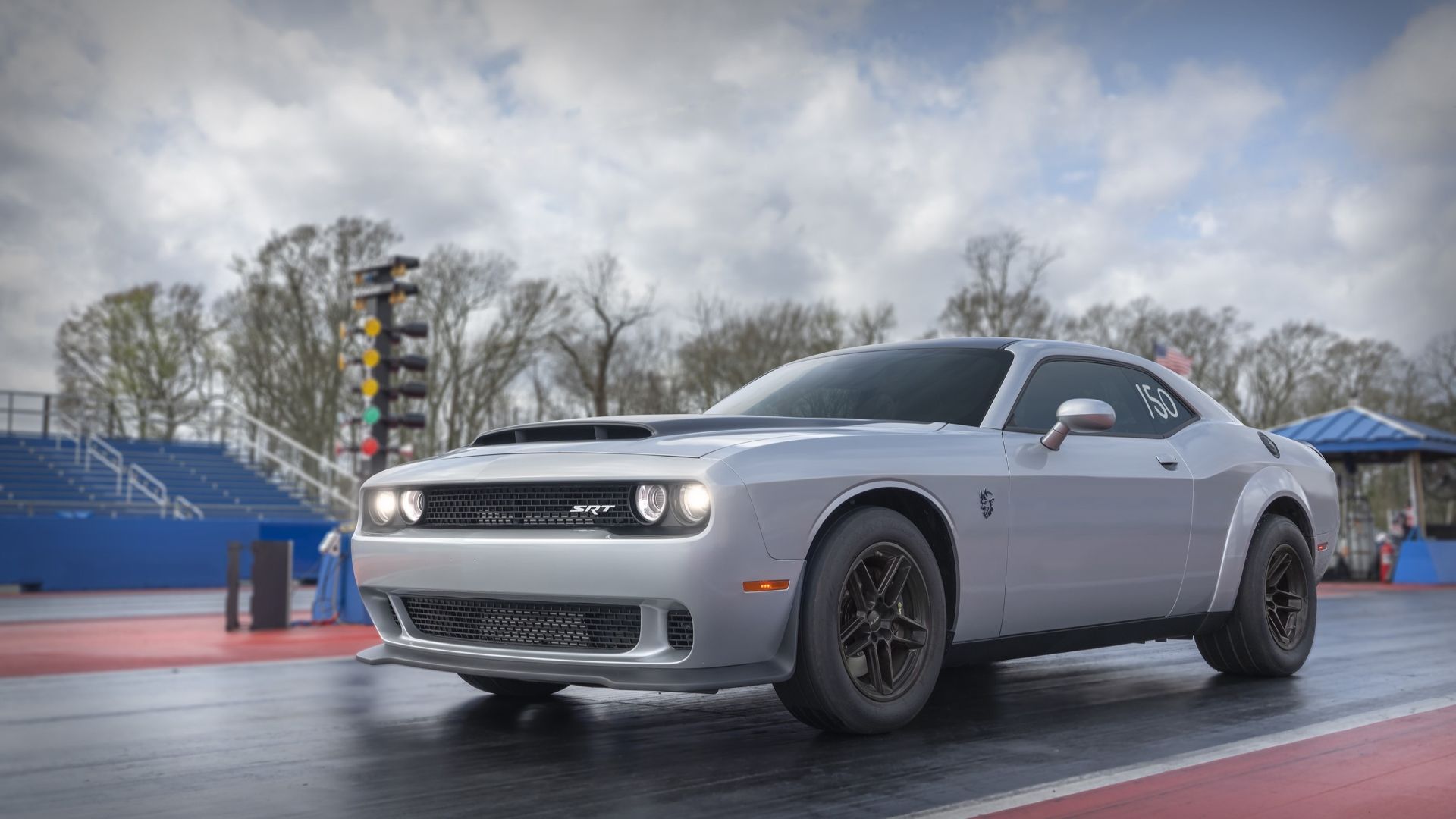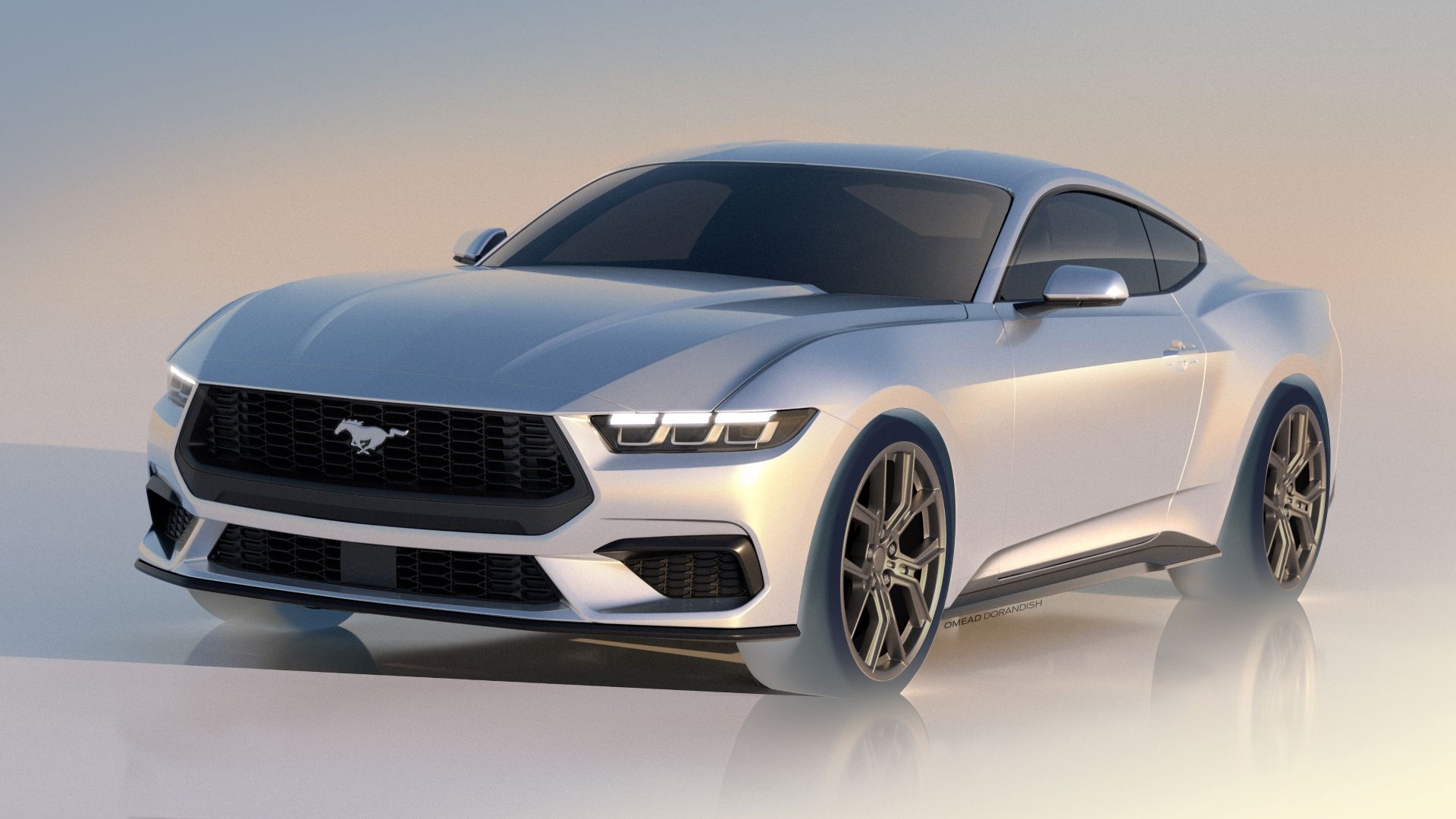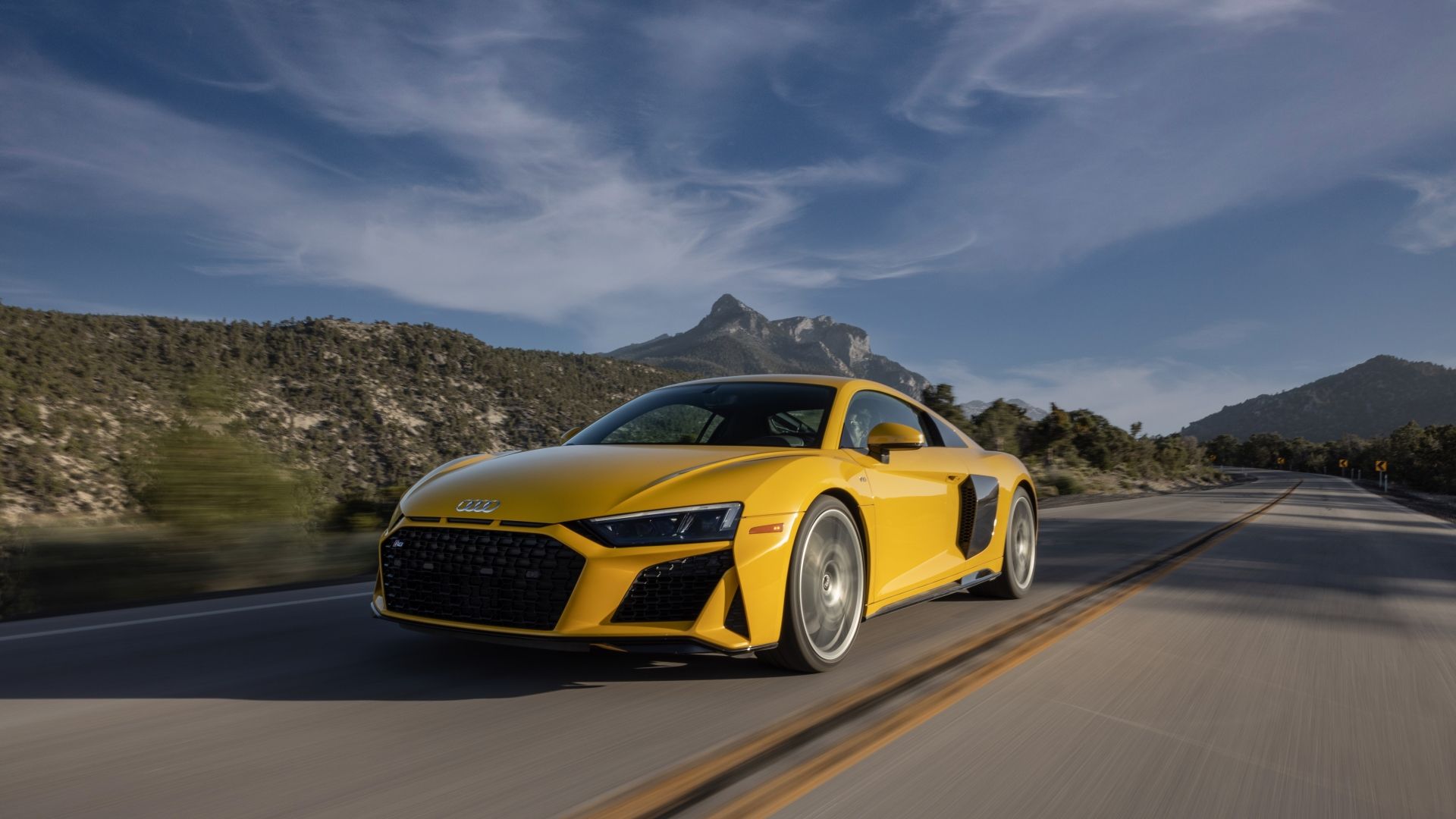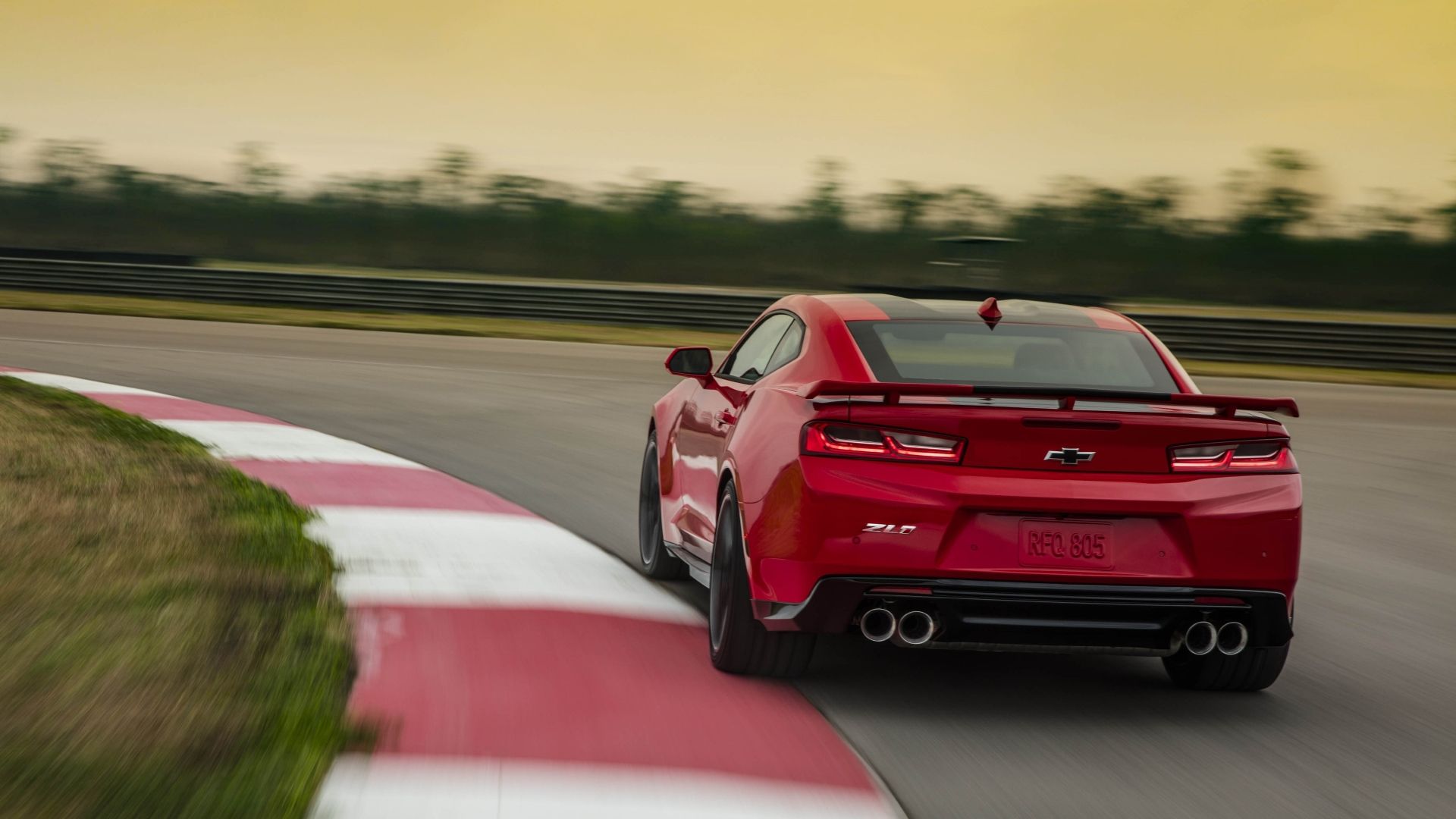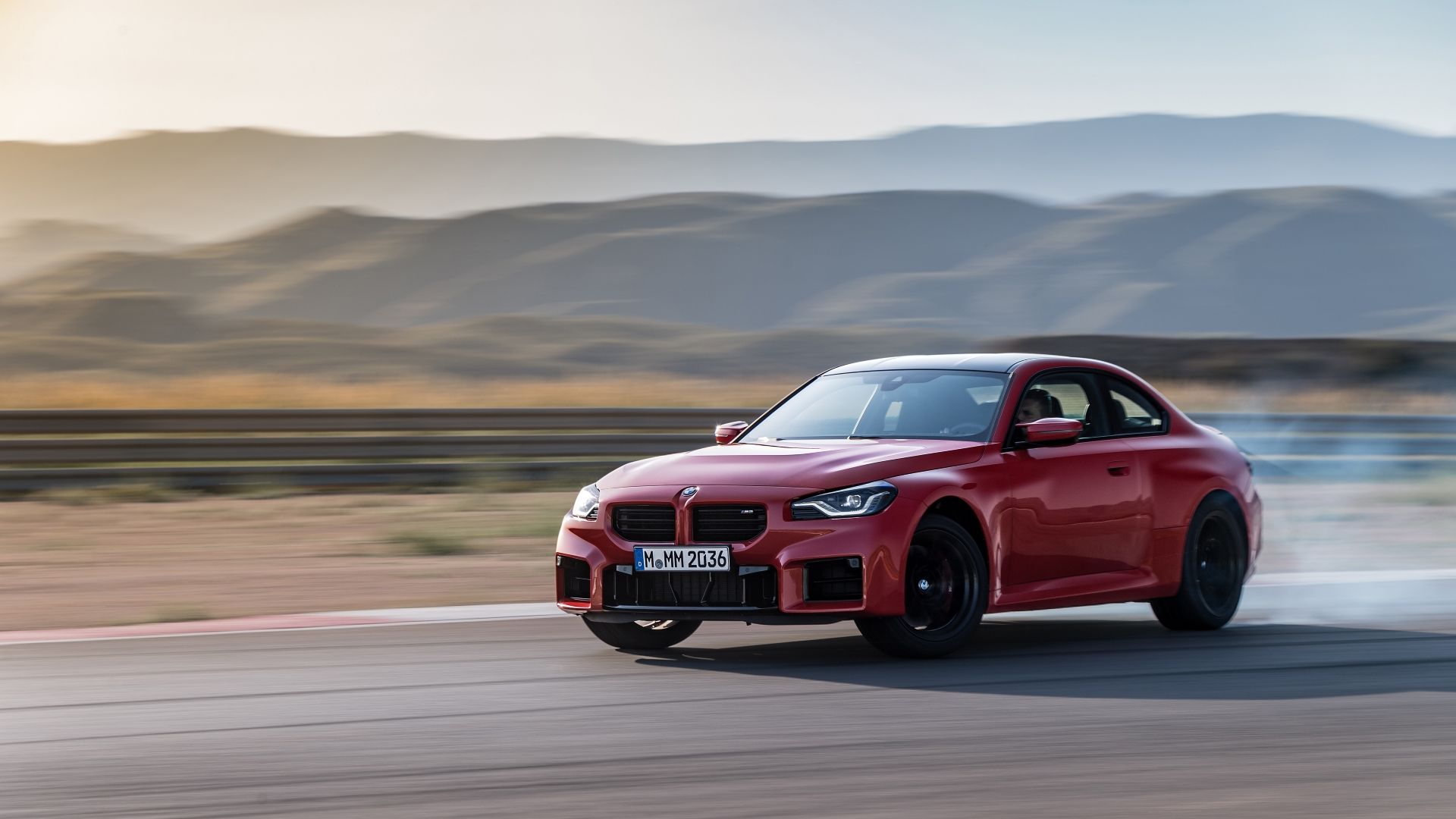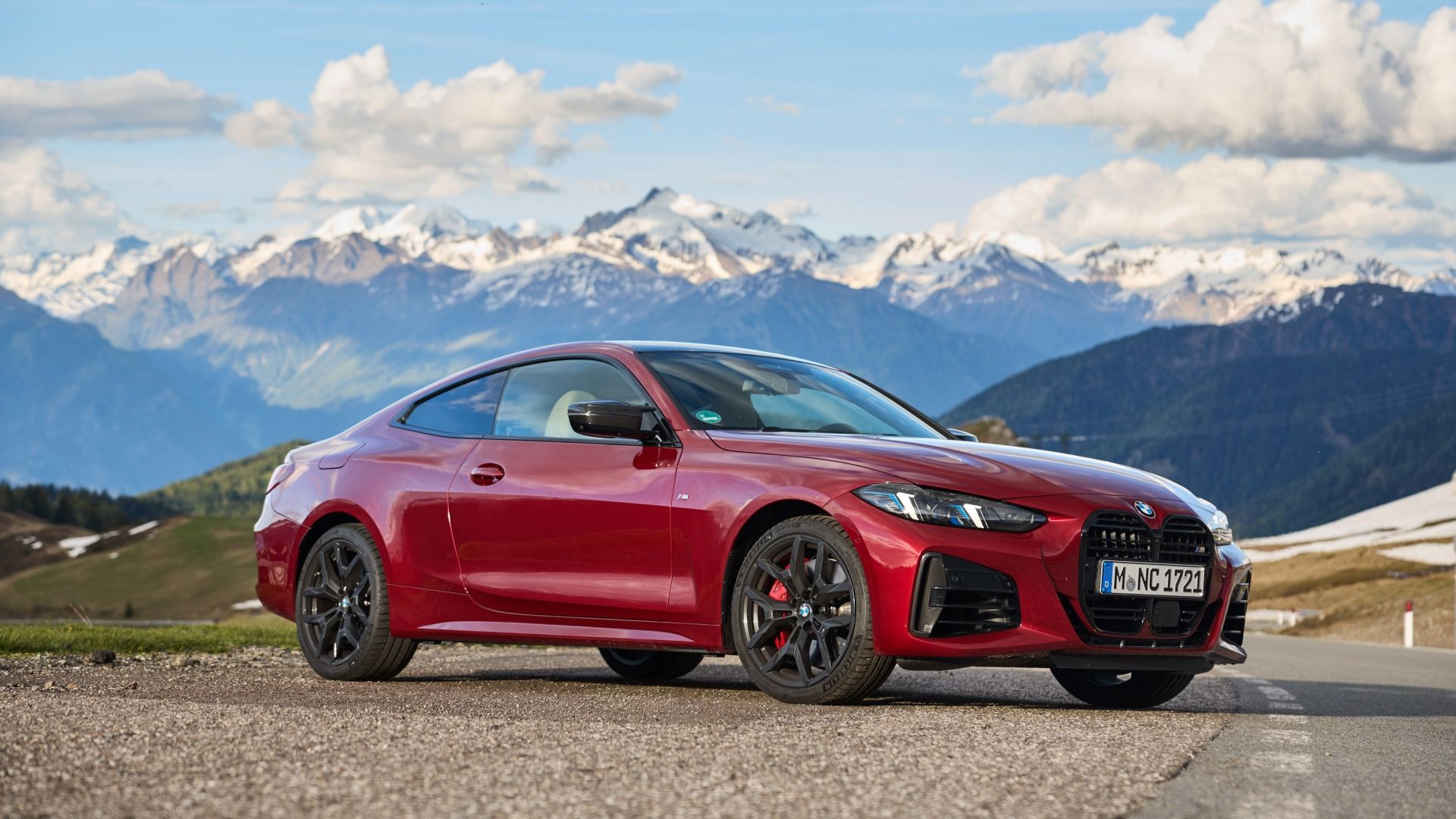When people talk about a car saving them money, they often refer to how efficient it is or how affordable maintenance is. However, the biggest cost of owning a car by far is depreciation. This is especially true of high-performance sports cars, which rapidly lose their value.
It is true that cars, for the most part, are not investments. You have to be pretty prepared to lose money on your vehicle. However, when you buy a sports car, this is especially true, with some losing over half of their value in their first five years. If you’re not careful, your car can easily become a money pit.
Exploring the used market and utilizing up-to-date data, we’ve collated a list of the ten cars that depreciate the most in their first five years on the road. We outline how much value they will lose in the short term and the long term and outline which models you should avoid at all costs.
In order to give you the most up-to-date and accurate information possible, the data used to compile this article was sourced from various manufacturer websites and other authoritative sources, including TopSpeed and Kelly Blue Book. Data regarding the rate of depreciation of these models was sourced mainly from CarEdge.
10
Mercedes-AMG SL-Class
Residual Value After Five Years: 56%
Front 3/4 shot of a green 2025 Mercedes-AMG SL
If you’re looking for luxury, there are few automakers out there that do it better than Mercedes-Benz. The SL-Class is a roadster that, in its modern form at least, only comes tuned by AMG. This roadster is sleek, stylish, and quick, a formula that made the original SL such a success. However, all it’s high-tuned parts and interior tech come at a cost.
Rate Of Depreciation
|
Years Of Ownership |
Depreciation |
|---|---|
|
3 |
40% |
|
5 |
44% |
|
7 |
56% |
|
10 |
64% |
Once you drive your SL off the dealership floor, it loses its value at an alarming rate. In your first year of owning the roadster, you can expect to have lost 31 percent of the money you invested in the car. After that point depreciation becomes a little more steady, but it remains a pretty harsh downwards slope.
9
Porsche 911
Residual Value After Five Years: 55%
Front 3/4 shot of a 2025 Porsche 911 Carrera 4 GTS driving around a track
When it comes to icons of the automotive world, there are few that carry the prestige of the 911. It is considered to be one of the most complete sports cars ever, with every generation enticing car enthusiasts in different ways. While owning one for a while can turn it into an asset, it unfortunately plummets in value the second you drive it off the dealership floor.
Rate Of Depreciation
|
Years Of Ownership |
Depreciation |
|---|---|
|
3 |
33% |
|
5 |
45% |
|
7 |
52% |
|
10 |
62% |
When you buy a 911, you can expect it to depreciate the most in its first five years. There are large dips in its value in the first year of ownership and the third year of ownership. After that point, depreciation becomes more steady and much more palatable. If you plan on owning a 911 for the long term, you may find that it might start to regain some of its value over time.
8
Nissan GT-R
Residual Value After Five Years: 55%
Front 3/4 action shot of a 2024 Nissan GT-R going around a track
The GT-R nameplate holds a lot of weight, forcing us to reminisce about the golden age of JDM cars. In this case, though, we’re talking about the most modern iteration of the sports car. This machine has been on the market for over a decade without receiving any major updates, yet it still sells relatively well and is looked at as a benchmark in the performance world.
Rate Of Depreciation
|
Years Of Ownership |
Depreciation |
|---|---|
|
3 |
20% |
|
5 |
45% |
|
7 |
53% |
|
10 |
62% |
The GT-R was built to dominate the track, with a whopping 562 horsepower being churned out by its twin-turbo V-6. Cars built for the track, though, don’t last long without needing tons of investment in the form of maintenance and repairs. The GT-R loses its value quickly over its first five years, before evening out and holding its value a little bit better.
7
Dodge Challenger
Residual Value After Five Years: 53%
Front 3/4 shot of a 2023 Dodge Challenger at a drag strip
In the world of American muscle cars, the Dodge Challenger is about as pure as it comes. Of course, we’re talking about the old gas-powered Challenger, not the new EV. It is a raucous monster that aims to beat anything and everything in a straight line. Unfortunately, they have a bad reputation for being driven super hard, meaning their value when used is pretty low.
Rate Of Depreciation
|
Years Of Ownership |
Depreciation |
|---|---|
|
3 |
37% |
|
5 |
47% |
|
7 |
49% |
|
10 |
60% |
The rate of depreciation on a Dodge Challenger is a gradual curve. This means that in its first three years, it loses a ridiculous amount of its value. Depreciation hits the Challenger in the short term more aggressively than it does most vehicles. After around four years of ownership, the curve starts to flatten.
6
Ford Mustang
Residual Value After Five Years: 52%
Front 3/4 shot of a gray 2024 Ford Mustang
Much like the Challenger, the Mustang is a muscle car legend. The nameplate has been around since the 60s, with Ford constantly looking to make it quicker and more fun. Much of the appeal of the Mustang is that it offers quite a bit of power at a really affordable price. However, these cars are also driven hard and are prone to losing their value quickly because of it.
Rate Of Depreciation
|
Years Of Ownership |
Depreciation |
|---|---|
|
3 |
37% |
|
5 |
48% |
|
7 |
57% |
|
10 |
68% |
The rate of depreciation of the Mustang in its first five years of life is extremely similar to what we saw on the Challenger. The muscle car’s value plummets in the first three years before recovering slightly. However, when you look at the long term depreciation of the Mustang, it does much worse than the Dodge. After ten years, it will only be worth 32 percent of what you paid for it.
5
Audi R8
Residual Value After Five Years: 51%
Front 3/4 action shot of a yellow 2022 Audi R8
Considered to be one of the nicest looking and nicest sounding cars ever built, the Audi R8 is an absolute work of art. This brilliant mid-engine masterpiece is ready to stir your emotions. It isn’t just quick though, and could easily be considered a grand tourer thanks to how comfortable it is. The only downside is that you’ll have to sell your kidney to buy one and then sell the other kidney to keep it running.
Rate Of Depreciation
|
Years Of Ownership |
Depreciation |
|---|---|
|
3 |
20% |
|
5 |
49% |
|
7 |
54% |
|
10 |
61% |
Audi’s supercar depreciates in a fairly unusual pattern. In the first three years, it actually holds its value reasonably well, all things considered. However, after that point, its value takes a sharp nose dive. After the five-year mark, however, it goes back to a steady and regular rate of depreciation.
4
Chevrolet Camaro
Residual Value After Five Years: 51%
Rear action shot of a 2023 Chevrolet Camaro going around a corner at a track
Rounding out the unholy trinity and joining the Mustang and the Challenger on this list is Chevrolet’s muscle car. It follows the same basic ideology as the other two, offer an affordable model that gives people a taste of performance followed by high dollar, high performance models that can really compete against cars that cost much more money.
Rate Of Depreciation
|
Years Of Ownership |
Depreciation |
|---|---|
|
3 |
33% |
|
5 |
49% |
|
7 |
61% |
|
10 |
75% |
Depreciation is pretty consistent on the Camaro, and you can expect to lose about the same amount of value on your car every year from the moment you wheel it off the dealership floor. Over a ten-year period, it will have only retained 25% of its value, which is a little shocking. Have fun with it while you can, because it definitely isn’t an investment.
3
BMW M2
Residual Value After Five Years: 48%
Front 3/4 action shot of a red 2025 BMW M2 power sliding around a corner
The 2-Series was introduced back in 2014. With the 3-Series getting larger and heavier, the 2-Series provided an option for sporting purists. A couple of years later, BMW introduced the M2, the high-performance variant. For those that are chasing the old days of BMW and looking for a more analog experience, the M2 is perhaps the best BMW that you can buy today.
Rate Of Depreciation
|
Years Of Ownership |
Depreciation |
|---|---|
|
3 |
37% |
|
5 |
52% |
|
7 |
62% |
|
10 |
67% |
The BMW has one of the harshest drops in value of any car in its first five years of its life. It is only really after its sixth year of life that it’s value starts evening out, and that is getting towards the end of its usable life, where repairs start becoming bank-breaking. This is the first car on our list where you will get less than half of your money back if you sold it after five years.
2
BMW 4-Series
Residual Value After Five Years: 48%
Front 3/4 shot of a red BMW 4 Series parked in front of a mountain range
The introduction of the 4-Series was an incredibly strategic move by BMW. Before the 4-Series, the German brand sold the 3-Series as either a coupe or a sedan and the brand felt that they would both perform better in terms of sales if they were separate. Thus, the 4-Series became the coupe model and became the more attractive, sporty-looking option.
Rate Of Depreciation
|
Years Of Ownership |
Depreciation |
|---|---|
|
3 |
34% |
|
5 |
52% |
|
7 |
62% |
|
10 |
67% |
While there isn’t reliable data available on the rate of depreciation for the more focused M4, the calmer 4-Series still loses tons of value. In fact, the rate of depreciation for the 4-Series and the M2 are eerily similar. One of the main differences is that the 4-Series drops off a little quicker, losing over a quarter of its value in its first year.
1
Jaguar F-Type
Residual Value After Five Years: 46%
Front 3/4 shot of a 2022 Jaguar F-Type driving a twisty road
Perhaps one of the most underrated sports cars on the market, the F-Type is a beautiful stroke of engineering. This little British coupe was built as a spiritual successor to the classic E-Type, and while it may not receive the same level of reverence, we have to say it is insanely good. With Jaguar rebranding to an all-electric manufacturer, this may be your last chance to get a taste of the glory.
Rate Of Depreciation
|
Years Of Ownership |
Depreciation |
|---|---|
|
3 |
46% |
|
5 |
54% |
|
7 |
63% |
|
10 |
69% |
Jaguar has a pretty horrid reputation when it comes to reliability, with the general perception being that they break down often and cost a lot to repair. This is why most of them depreciate quite rapidly. The F-Type’s depreciation graph is a rapid slope that would make quite a good launch pad for a ski jump. This works pretty well in the favor of used buyers, though, as you can get a fairly new F-Type for a bargain.


